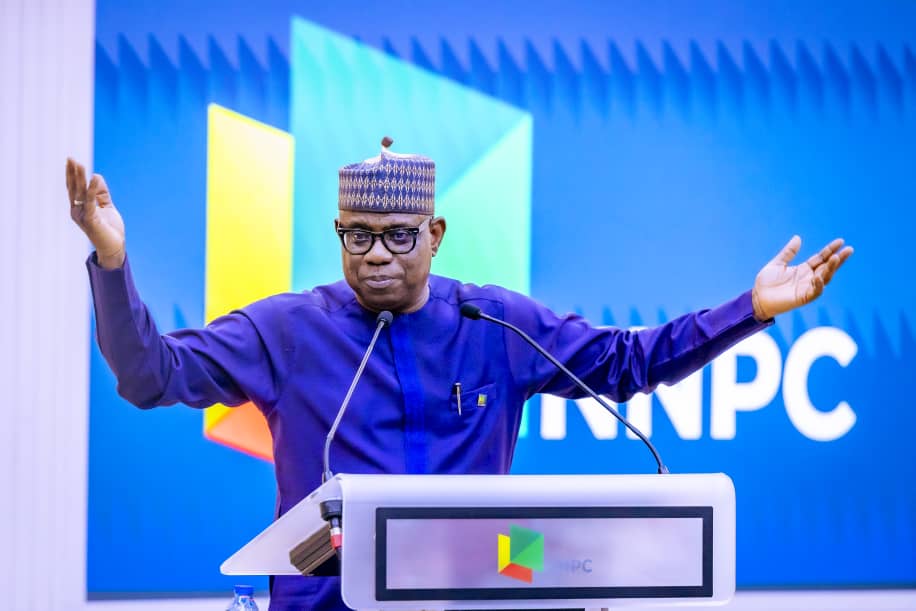The potential sale of Nigeria’s ailing refineries has ignited a debate amongst oil marketers, industry stakeholders, and energy experts. Proponents of the sale argue that privatization offers the only viable solution to years of inefficiency, financial losses, and mismanagement that have plagued the Port Harcourt, Warri, and Kaduna refineries. These refineries, despite consuming trillions of naira in rehabilitation efforts, have remained largely unproductive, posing a significant drain on public resources. Privatization, they contend, would inject much-needed competition into the downstream sector, leading to improved pricing and a more efficient allocation of resources. This sentiment is fueled by the NNPC’s own admission that rehabilitation efforts have been unsuccessful due to the obsolete nature of the facilities.
However, alongside the optimism for a revitalized downstream sector, there is a strong call for transparency and accountability in the privatization process. Stakeholders, including the Petroleum Products Retail Outlets Owners Association of Nigeria (PETROAN) and the Independent Petroleum Marketers Association of Nigeria (IPMAN), emphasize the importance of inclusive stakeholder engagement, ensuring that the process is not hijacked by political interests or shrouded in secrecy. They advocate for the involvement of all relevant parties, including labor unions and other industry associations, to ensure a fair and equitable outcome. The timing of the proposed sale has also raised concerns, with some questioning the motivations behind the decision, particularly in light of the government’s silence on previous investigations into failed refinery rehabilitation projects.
The history of Nigeria’s refineries paints a bleak picture of mismanagement and wasted resources. Billions of dollars have been poured into turnaround maintenance efforts with little to no tangible results. This has led many, including IPMAN, to advocate for a state of emergency in the refining sector, highlighting the urgent need for a decisive solution. The refineries, once symbols of national pride, have become liabilities, burdened by corruption, inexperience, and a lack of technical expertise. The prevailing sentiment amongst many stakeholders is that continued government ownership is not a viable option, and privatization offers the best chance for revitalizing these critical assets. This view is echoed by industry experts who believe that a transparently executed sale could finally unlock the potential of Nigeria’s downstream sector and usher in an era of efficiency and competition.
Central to the discussion is the need for accountability. The failure of anti-corruption agencies to investigate past mismanagement and hold those responsible accountable raises serious questions about the government’s commitment to transparency and good governance. Critics argue that proceeding with the sale without addressing these issues would be irresponsible and would set a dangerous precedent. They demand a thorough investigation into the billions of naira spent on failed rehabilitation efforts, and insist that those responsible be brought to justice before any sale is finalized. This demand for accountability underscores the importance of ensuring that the privatization process is not simply a means of sweeping past failures under the rug, but rather a genuine attempt to reform the sector and ensure its long-term viability.
While many agree on the need for privatization, the specific approach remains a subject of debate. Some suggest selling the refineries as scrap, acknowledging the extent of their deterioration. Others, like Professor Wumi Iledare, a renowned petroleum economist, caution against a hasty or sentiment-driven sale. He advocates for a strategic approach guided by the Petroleum Industry Act 2021, emphasizing that the decision should be based on long-term national interest, not short-term gains. He points out that the core issue is not state ownership per se, but rather the inefficiencies stemming from poor governance and institutional weaknesses. This nuanced perspective highlights the complexity of the issue and the need for careful consideration before any final decision is made.
In conclusion, the potential sale of Nigeria’s refineries represents a critical juncture for the country’s downstream sector. While privatization holds the promise of revitalizing these ailing assets and unlocking their economic potential, the process must be conducted with utmost transparency, accountability, and inclusivity. Failing to address past mismanagement and ensuring stakeholder engagement would not only undermine the credibility of the process but also risk perpetuating the cycle of inefficiency that has plagued the sector for far too long. The challenge for the government is to navigate these complexities and ensure that the sale serves the long-term interests of the Nigerian people and contributes to the sustainable development of the country’s oil and gas industry.


